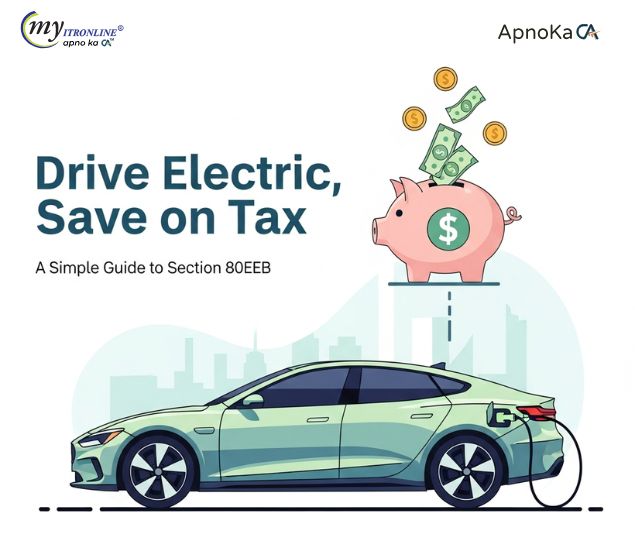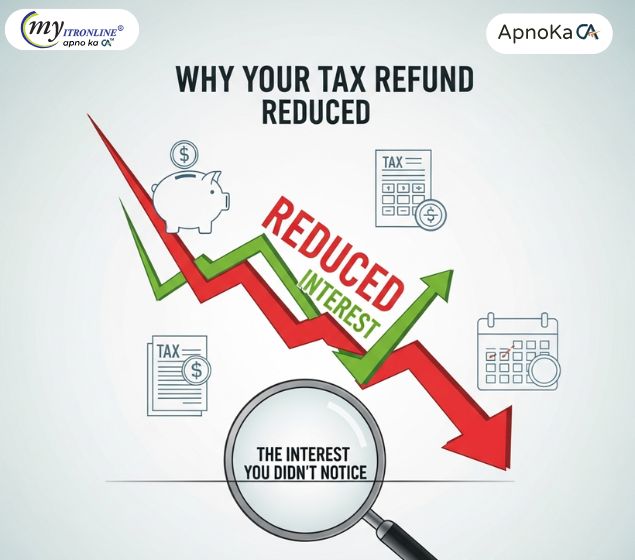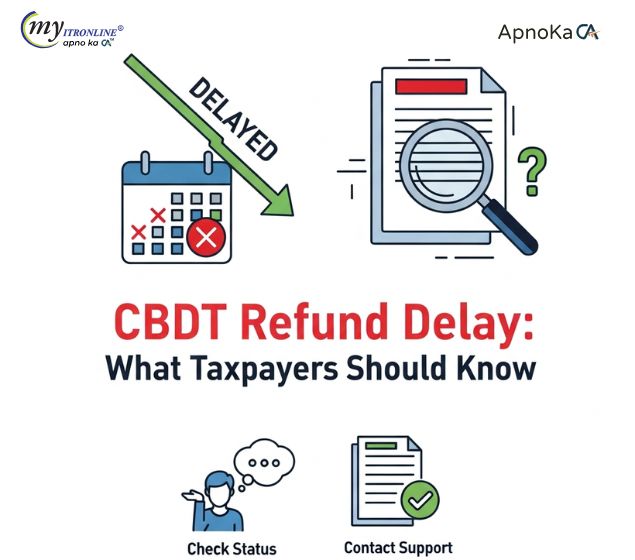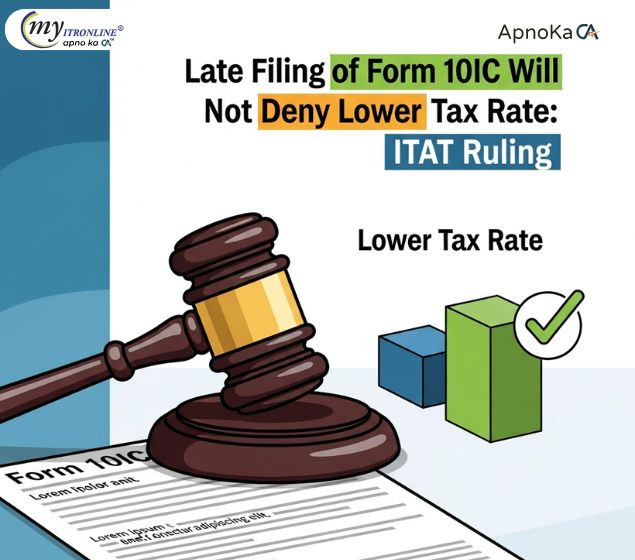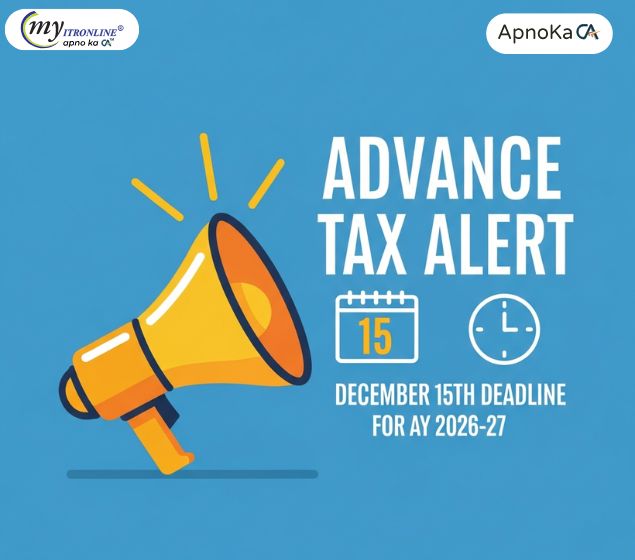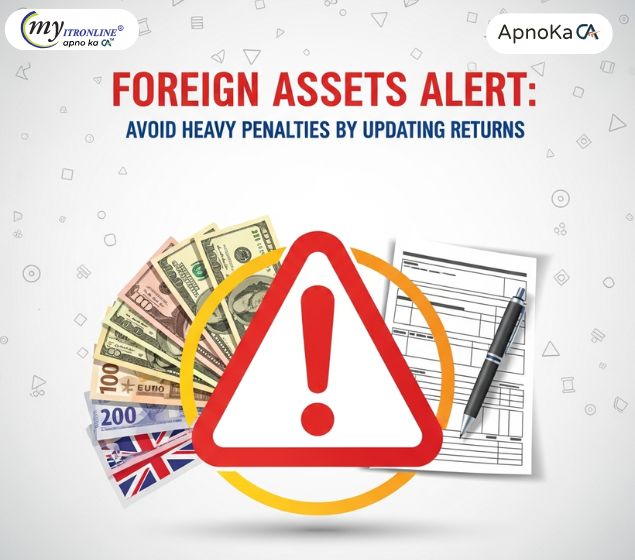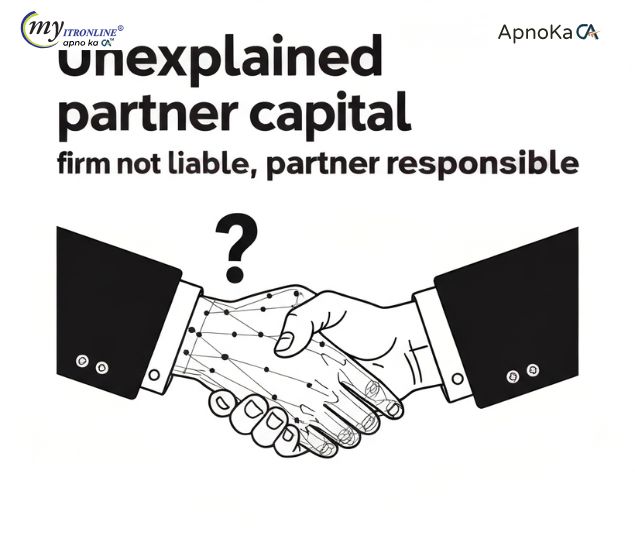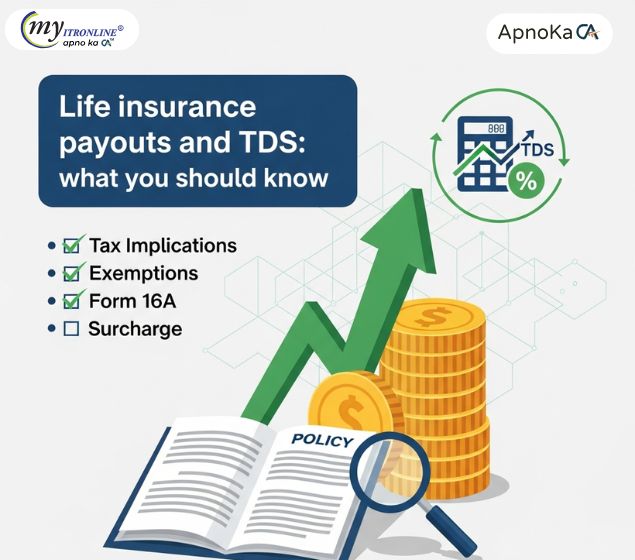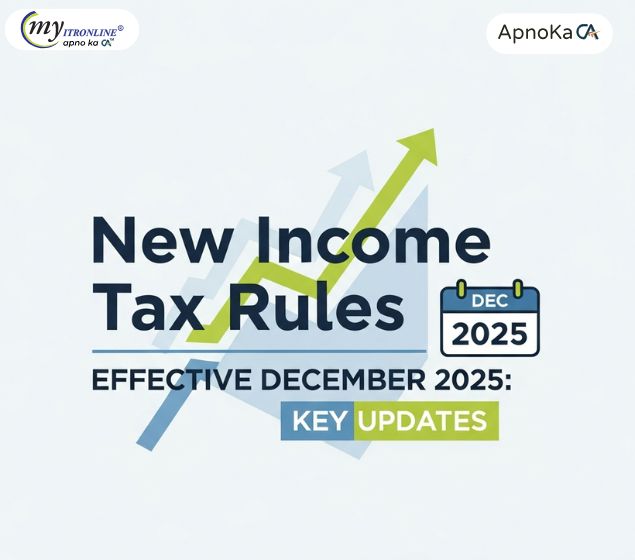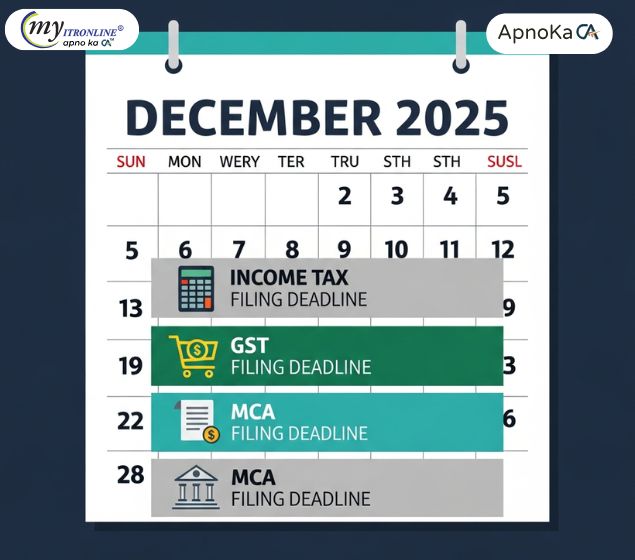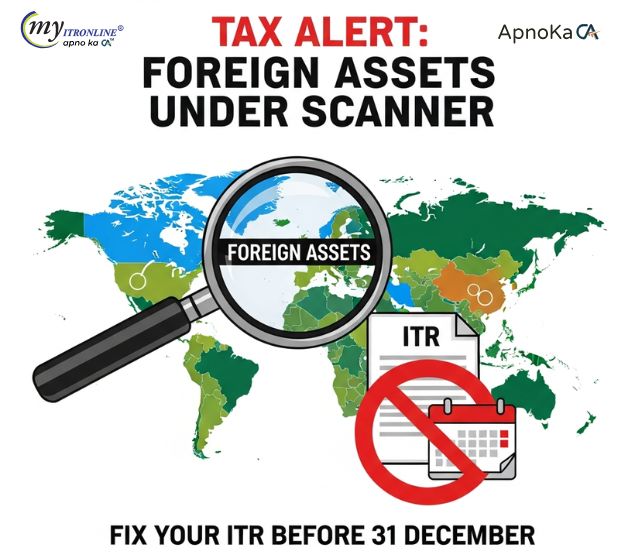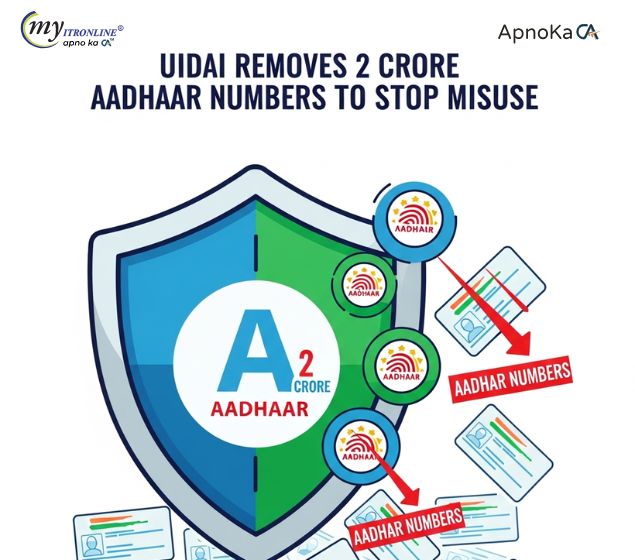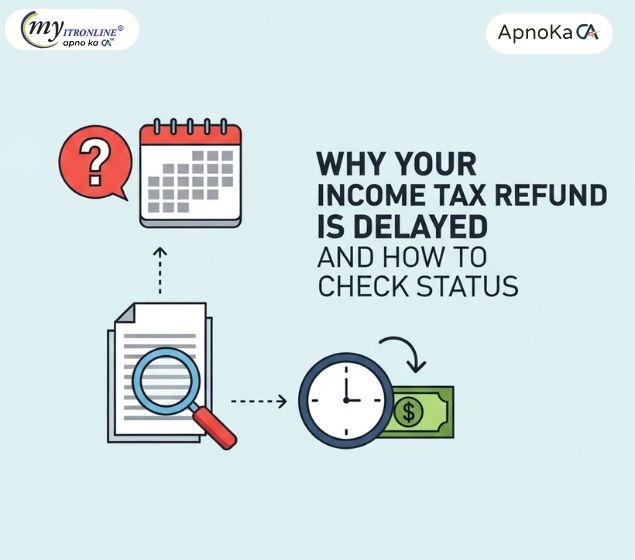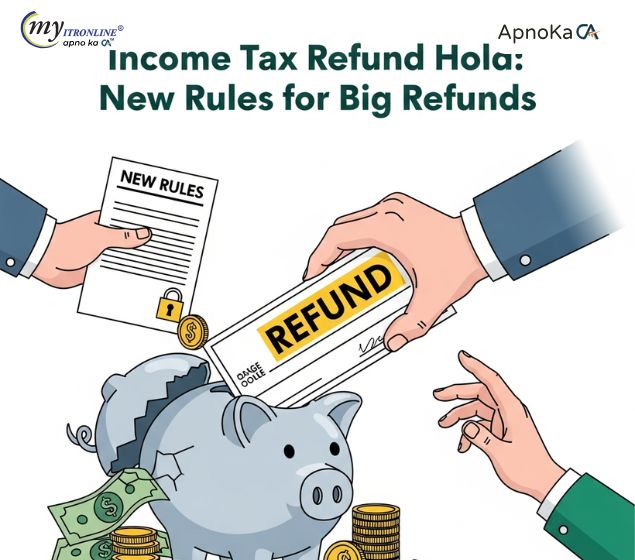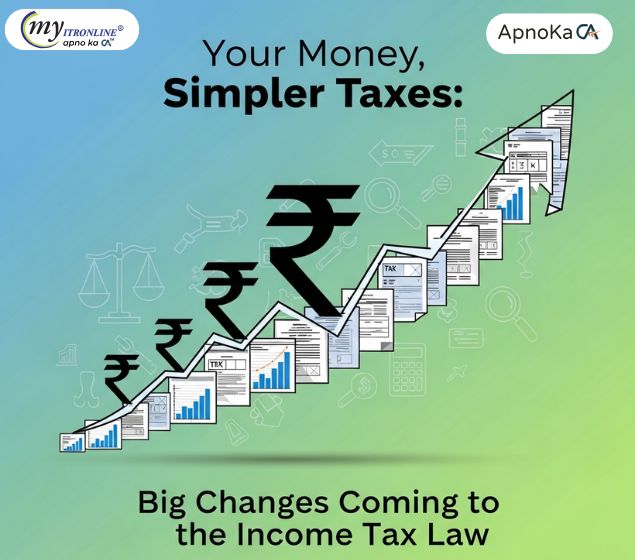Navigating Income Tax Compliance: An In-Depth Overview of Sections 44AA, 44AB, 44AD, and 44ADA for A.Y. 2025-26
This post offers an in-depth overview of key Income Tax Act sections (44AA, 44AB, 44AD, 44ADA) applicable for AY 2025-26 (FY 2024-25). It details the requirements for maintaining accounting records and mandatory tax audits based on income/turnover thresholds. It also explains the presumptive taxation schemes for eligible small businesses (44AD) and professionals (44ADA), including updated limits and the implications of opting for or out of these schemes. The guide aims to clarify compliance duties for taxpayers
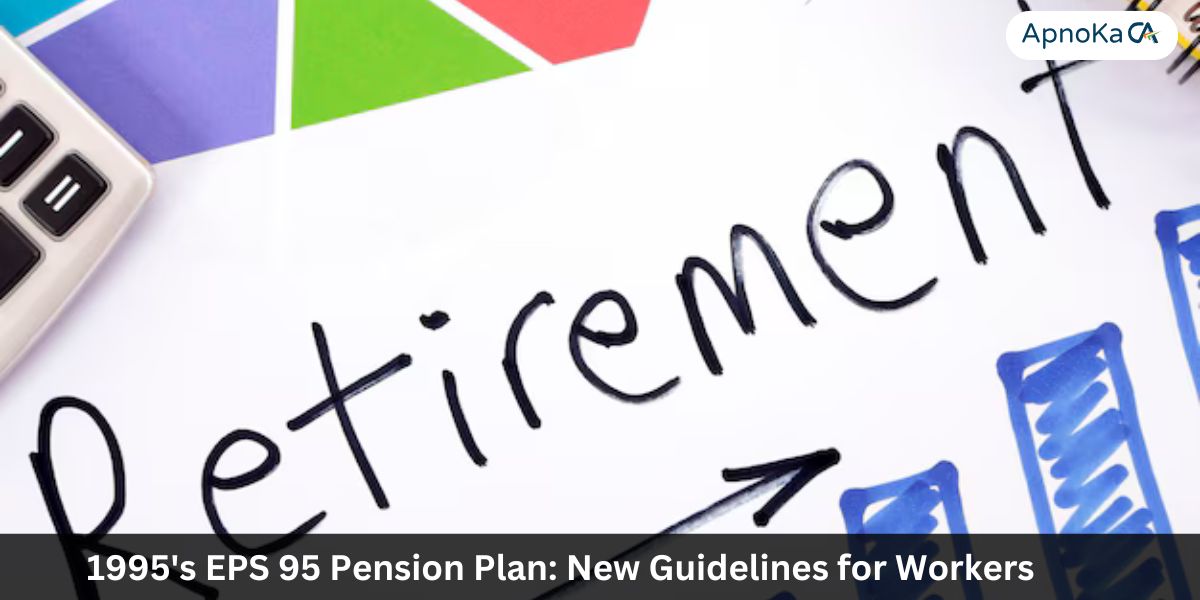
The Indian Income Tax Act, 1961, establishes particular provisions within Sections 44AA, 44AB, 44AD, and 44ADA that regulate the maintenance of accounting records and the necessity of tax audits for various businesses and professionals. Grasping the applicability of these sections is essential for taxpayers to ensure adherence to regulations and prevent penalties. This article explores the details of these sections in the context of the Assessment Year (A.Y.) 2025-26, which corresponds to the Financial Year (F.Y.) 2024-25.
The Main Objective:
These sections are designed to streamline tax compliance for certain types of taxpayers, especially small businesses and professionals, while also ensuring accurate income reporting. Section 44AA specifies the requirements for maintaining accounting records. Section 44AB requires a tax audit for those who surpass designated thresholds. Sections 44AD and 44ADA present presumptive taxation schemes, providing a simplified approach to income calculation for qualifying businesses and professionals and influencing the applicability of 44AA and 44AB.
Section 44AA: The Foundation - Maintaining Accounting Records
Section 44AA specifies the obligations for keeping books of accounts. The applicability is determined by the type of activity (business or profession) and the income or turnover/gross receipts.
-
For Specified Professions: Individuals and Hindu Undivided Families (HUFs) engaged in a specified profession must maintain accounting records if their gross receipts exceed ₹1,50,000 in any of the three preceding financial years. If the profession is new, this threshold is assessed based on anticipated gross receipts for the financial year. Specified professions encompass legal, medical, engineering, architectural, accountancy, technical consultancy, interior decoration, and other fields as notified by the CBDT. The specific books that need to be kept for these professions are also specified.
-
For Businesses (excluding those opting for presumptive taxation under Sections 44AD/44AE):
-
Individuals and HUFs: It is necessary to maintain books of accounts if the business income surpasses ₹2,50,000 or if the total sales, turnover, or gross receipts exceed ₹25,00,000 in any of the three previous financial years. For newly established businesses, the criteria depend on the anticipated income or turnover/gross receipts for the current financial year.
-
Other entities: Books of accounts must be maintained if the business income exceeds ₹1,20,000 or if the total sales, turnover, or gross receipts are over ₹10,00,000 in any of the three preceding financial years. For new businesses, the criteria are based on the projected income or turnover/gross receipts for the financial year.
-
-
Individuals falling under Section 44AD or 44ADA: Typically, taxpayers who choose presumptive taxation under Section 44AD or 44ADA are not obligated to keep books of accounts. However, a significant exception exists: if they report an income lower than the presumptive income and their total income is above the basic exemption limit, they must maintain books of accounts in accordance with Section 44AA and have them audited under Section 44AB.
The required books of accounts must be preserved for six years from the conclusion of the pertinent assessment year. Not keeping the required financial records can lead to penalties under Section 271A.
Section 44AB: The Audit Requirement
Section 44AB stipulates that certain taxpayers must have their accounts audited by a Chartered Accountant. This audit verifies the accuracy of declared income and adherence to tax regulations. For the financial year 2024-25 (assessment year 2025-26), the conditions for tax audit are as follows:
-
For Businesses:
-
A tax audit is compulsory if the total sales, turnover, or gross receipts exceed ₹1 Crore within the financial year.
-
However, for businesses where cash transactions (receipts and payments) throughout the year are less than 5% of total gross receipts and payments, the threshold rises to ₹10 Crores. This elevated limit promotes digital transactions.
-
Even if the turnover remains below these thresholds, a tax audit is mandatory in certain circumstances involving presumptive taxation relating to Section 44AD (as detailed later).
-
-
For Professions:
-
A tax audit is essential if total gross receipts exceed ₹50 Lakhs in the financial year.
-
Similar to businesses, for professionals, the threshold for a tax audit increases to ₹75 Lakhs if cash receipts and cash payments throughout the year remain below 5% of total gross receipts and payments, respectively. (This heightened limit for professionals corresponds with the increased threshold for presumptive taxation under Section 44ADA.)
-
-
Individuals choosing Presumptive Taxation (Sections 44AD and 44ADA):
-
If an individual is eligible for and selects Section 44AD or Section 44ADA, but declares an income less than the presumptive income determined under the respective section, and their overall income surpasses the basic exemption threshold, they must undergo an audit of their accounts according to Section 44AB.
-
If a person who qualified for and opted for Section 44AD in any of the last five assessment years fails to choose it in the current assessment year and their income exceeds the basic exemption threshold, they must have their accounts audited as per Section 44AB. This adheres to the "five-year block" rule under Section 44AD(4).
-
The tax audit report, using the specified forms (Form 3CB/3CD), must be submitted by the deadline for filing the income tax return for those taxpayers falling under Section 44AB (generally by October 31st of the assessment year). Not obtaining a tax audit or submitting the report can lead to a penalty under Section 271B, which is the lesser of 0.5% of the total sales, turnover, or gross receipts, or ₹1,50,000.
Section 44AD: Presumptive Taxation for Businesses
Section 44AD offers a streamlined presumptive taxation scheme for qualifying small enterprises. This scheme enables taxpayers to report income at a specified rate without having to maintain exhaustive books of accounts or undergoing a tax audit, provided certain conditions are satisfied.
-
Eligibility: This scheme is accessible to Resident Individuals, Resident Hindu Undivided Families (HUFs), and Resident Partnership Firms (excluding Limited Liability Partnership Firms - LLPs) that are involved in any qualifying business. Certain businesses are excluded, including those engaged in operating, hiring, or leasing goods carriages (covered under Section 44AE), agency operations, and those deriving commission or brokerage income. Individuals practicing a profession referenced in Section 44ADA are also not eligible for Section 44AD.
-
Turnover Limit: The scheme applies if the total turnover or gross receipts of the qualifying business do not exceed ₹3 Crores during the financial year, provided that cash receipts throughout the year do not surpass 5% of the total gross receipts. If cash receipts exceed 5%, the turnover cap remains at ₹2 Crores.
-
Presumptive Income Rate: The income is considered to be 8% of the total turnover or gross receipts. However, to promote digital transactions, the presumptive rate is lowered to 6% of the total turnover or gross receipts received through an account payee cheque, account payee bank draft, electronic clearing system via a bank account, or through any other prescribed electronic method. This 6% rate is applicable if the amount is received before the deadline for filing the income tax return.
-
Consequences of Opting Out: If a qualifying taxpayer chooses Section 44AD in one financial year and subsequently opts out in any of the next five financial years, they will not be permitted to choose Section 44AD for five assessment years following the assessment year in which they opted out. This represents the five-year block rule under Section 44AD(4). As mentioned earlier, if they opt out and their income exceeds the basic exemption limit, they will be obliged to maintain books of accounts and have them audited.
-
Declaring Lower Income: If an assessee states an income lower than the presumptive rate (6% or 8%, as relevant) and their overall income exceeds the basic exemption limit, they are required to keep books of accounts and have them audited in accordance with Section 44AB.
It is essential to highlight that for taxpayers choosing presumptive taxation under Section 44AD, the declared income will be the greater of the presumptive income (6% or 8%) or the actual profits of the business.
Section 44ADA: Presumptive Taxation for Professionals
Section 44ADA provides presumptive taxation benefits to qualifying professionals, making their tax obligations easier to manage.
-
Eligibility: This scheme is available to a Resident Individual or a Resident Partnership Firm (not including LLP) engaged in a recognized profession as detailed in Section 44AA(1). This encompasses professions such as legal, medical, engineering, architecture, accountancy, technical consultancy, and interior decoration, among others as specified.
-
Gross Receipts Limit: The scheme applies if the cumulative gross receipts from the specified profession do not exceed ₹75 Lakhs in the financial year, provided that cash receipts during the year are not more than 5% of the total gross receipts. If cash receipts exceed 5%, the gross receipts limit is set at ₹50 Lakhs.
-
Presumptive Income Rate: The income is considered to be 50% of the total gross receipts.
-
Declaration of Lower Income: If a professional opting for Section 44ADA reports an income lower than the presumed rate of 50% and their overall income exceeds the basic exemption limit, they must maintain books of account in accordance with Section 44AA and have them audited according to Section 44AB.
Similar to Section 44AD, for those choosing presumptive taxation under Section 44ADA, the income that needs to be declared will be the higher of the presumed income (50%) or the actual profits of the profession. Unlike Section 44AD, there is no five-year exclusion clause for opting out of Section 44ADA.
Interplay and Key Considerations for A.Y. 2025-26:
-
Increased Thresholds: For F.Y. 2024-25 (A.Y. 2025-26), the raised turnover limit of ₹10 Crores for tax audits under Section 44AB for businesses and the increased gross receipts limit of ₹75 Lakhs for professionals under both Section 44AB and Section 44ADA, subject to the 5% cash transaction restriction, are notable updates that provide relief to a larger number of taxpayers.
-
Presumptive vs. Regular Taxation: Taxpayers meeting the criteria for presumptive taxation schemes (44AD/44ADA) have the option of selecting between the presumptive scheme and the traditional method of calculating income (which requires maintaining records and claiming expenses). This decision should be made after a careful review of their actual income and expenditures.
-
Opting Out of 44AD: Businesses that have chosen Section 44AD need to be cautious of the five-year exclusion rule if they plan to opt out in F.Y. 2024-25.
-
Declaring Lower Income: If actual profits are lower than the presumptive rates and total incomes exceed the basic exemption limit, it becomes mandatory to maintain books and undergo an audit, even for those who qualify for presumptive taxation.
-
Documentation: It is advisable to keep basic records even under presumptive taxation to verify the turnover or gross receipts declared.
Conclusion:
Sections 44AA, 44AB, 44AD, and 44ADA play crucial roles in the income tax structure for businesses and professionals in India. For A.Y. 2025-26, the increased thresholds provide additional advantages to eligible taxpayers. A comprehensive understanding of the applicability criteria, requirements, and interactions of these sections is essential for ensuring compliance, avoiding penalties, and making informed choices about the income computation method. Taxpayers should carefully assess their particular circumstances and consult with a tax expert if needed to effectively navigate these regulations.
FILING YOUR INCOME TAX RETURN F.Y 2024-25 (A.Y. 2025-2026) WITH MYITRONLINE
The income tax filing deadline is right around the corner. If you haven’t filed yet, do it today with Myitronline! Avoid last minute rush and file your tax return today on MYITRONLINE in Just 5 mins.(www.myitronline.com)
If you are looking for eCA assistance to file your income tax return/ GST, you can opt for MYITRONLINE eCA assisted plan starting
Upload Salary Individual Form-16
If you have any questions with filing your tax return, please reply to this mail. info@myitronline.com OR call 9971055886,8130309886.
Note-All the aforementioned information in the article is taken from authentic resources and has been published after moderation. Any change in the information other than fact must be believed as a human error. For queries mail us at marketing@myitronline.com
Krishna Gopal Varshney
An editor at apnokacaKrishna Gopal Varshney, Founder & CEO of Myitronline Global Services Private Limited at Delhi. A dedicated and tireless Expert Service Provider for the clients seeking tax filing assistance and all other essential requirements associated with Business/Professional establishment. Connect to us and let us give the Best Support to make you a Success. Visit our website for latest Business News and IT Updates.
Leave a reply
Your email address will not be published. Required fields are marked *Share this article
Krishna Gopal Varshney, Founder & CEO of Myitronline Global Services Private Limited at Delhi. A dedicated and tireless Expert Service Provider for the clients seeking tax filing assistance and all other essential requirements associated with Business/Professional establishment. Connect to us and let us give the Best Support to make you a Success. Visit our website for latest Business News and IT Updates.
View articles








